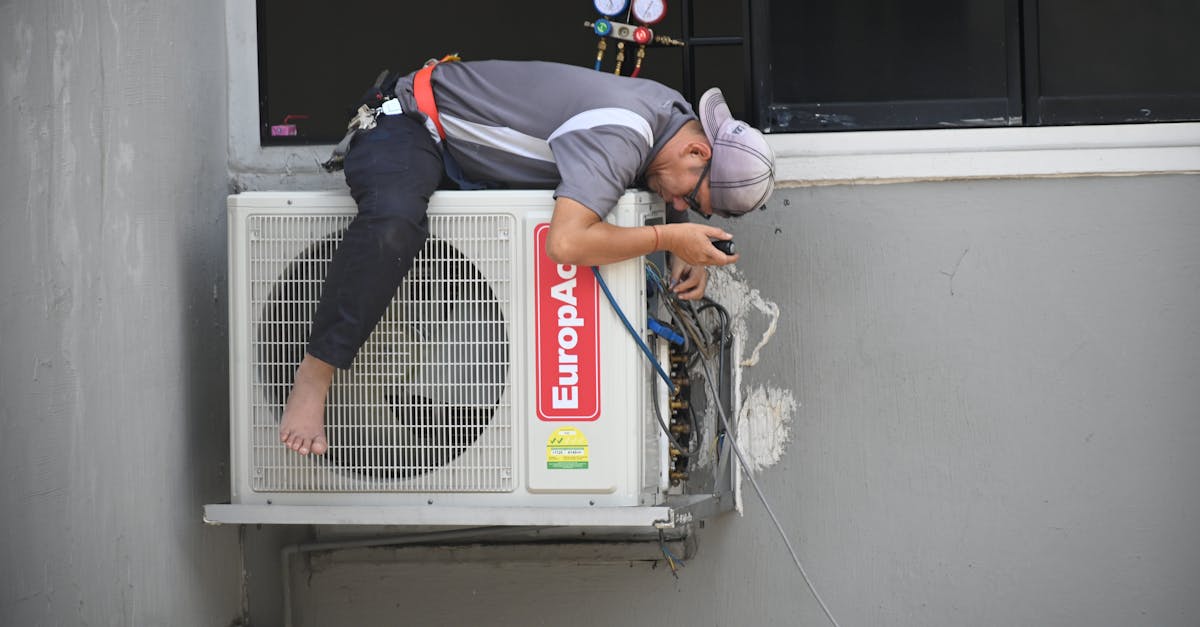
Introduction
Air conditioning is an essential part of modern living, providing comfort during sweltering summer days. However, with numerous options available, choosing the right system can be challenging. This article will guide you through the key factors to consider when selecting an air conditioning system that best suits your needs.
Understanding Your Needs
Before you begin, evaluate your specific requirements. Consider the size of your home and the number of rooms you need to cool. Also, think about your budget and whether you need only cooling or a combination of heating and cooling. Understanding your needs will help narrow down your choices.
Types of Air Conditioning Systems
There are several types of air conditioners to choose from, including central air conditioning, ductless mini-splits, window units, and portable air conditioners. Each type has its advantages and disadvantages, and the right choice depends on your specific circumstances and preferences.
Central Air Conditioning
Central air conditioning is ideal for cooling an entire home. It utilizes a system of ducts to distribute cooled air evenly throughout your space. While it requires a significant initial investment, it is energy-efficient and offers controlled cooling. Ensure your home has existing ductwork or be prepared for the additional cost of installation.
Ductless Mini-Split Systems
Ductless mini-splits are perfect for homes without ductwork or for adding cooling to specific areas. They offer flexibility and can be more energy-efficient as each unit can be individually controlled. Mini-splits can be a cost-effective solution but may require outdoor space for the condenser unit.
Window and Portable Units
Window air conditioners are budget-friendly options for single-room cooling. They are easy to install but may not be suitable for larger spaces. Portable units offer flexibility and mobility; however, they are often less efficient and can be noisier compared to fixed systems.
Energy Efficiency Matters
Energy efficiency is crucial for long-term savings and environmental impact. Look for air conditioners with high Seasonal Energy Efficiency Ratio (SEER) ratings. The higher the SEER, the more efficient the unit. Eco-friendly units may have higher upfront costs but lead to lower energy bills over time.
Sizing Your System
Proper sizing is critical for both efficiency and effectiveness. An adequately sized air conditioner will cool your space without overworking or short cycling. Consult with a professional to perform a load calculation based on the size of your space, insulation, and sun exposure to determine the right capacity.
Professional Installation vs. DIY
Choosing a professional installation ensures that your unit operates efficiently and reliably. While DIY options can save on initial costs, improperly installed units can lead to increased energy bills and frequent repairs. Consider your own skill level and the complexity of the installation before deciding.
Conclusion
Selecting the right air conditioning system involves careful consideration of your needs, space, and budget. By understanding the different types of systems and their benefits, you can make an informed decision. Remember, an energy-efficient, well-sized air conditioner will offer comfort and savings for years to come.